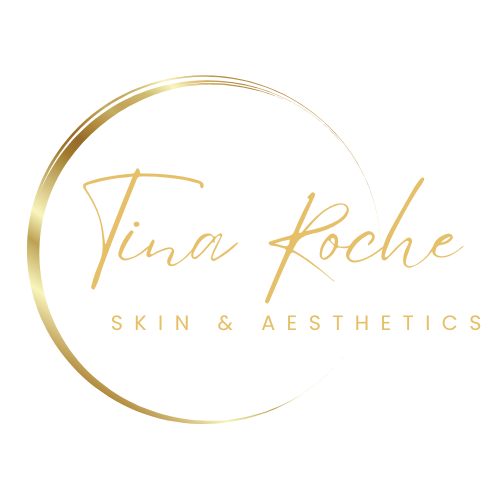Deep sleep, also known as slow-wave sleep, is crucial for physical restoration and memory consolidation. REM sleep, on the other hand, plays a vital role in emotional regulation and cognitive function. With alcohol no longer interfering with these sleep stages, many people report feeling more mentally sharp and emotionally balanced during the day. However, towards the end of the first week, many individuals start to notice early signs of sleep improvement. They may find it easier to fall asleep naturally and experience fewer night-time awakenings. While these improvements may be subtle, they are the first indicators of the body’s healing process.
How Does Alcohol Affect the Sleep Cycle?
- By working closely with a sleep specialist, you can receive expert guidance and support in overcoming your reliance on alcohol as a sleep aid.
- Individuals who indulge in alcohol before bedtime often experience insomnia symptoms and feel excessively tired the next day.
- Those effects of alcohol on the biological clock appear to persist even without additional drinking, according to research.
- Your routine before bed is how you tell your body and brain it’s time to switch off.
- The information we provide is not intended to be a substitute for professional medical advice, diagnosis or treatment.
If insomnia persists for months or you experience severe daytime fatigue, memory issues, or mood disturbances, it’s time to consult a healthcare provider. Treating insomnia earlier can prevent further complications such as mental health disorders or poor work performance. Consuming alcohol before bed may initially promote drowsiness, making you think it’s a good sleep aid.
It’s important to remember that the journey to better sleep is not always linear, and patience and persistence are key. The duration and severity of alcohol use play a significant role in the recovery timeline. Those who have been heavy drinkers for many years may experience a longer adjustment period compared to moderate drinkers. The body and brain need time to heal from the long-term effects of alcohol, and this process can take longer for those with a history of prolonged, heavy use. The improved overall sleep quality and consistency have far-reaching effects on various aspects of life.
Why Intermittent Fasting Can Lead to Better Sleep
If you’ve been using alcohol to sleep for a while, you might think you can’t sleep without drinking. Your body and brain tell you that you need the initial relaxation to wind down, but this is not necessarily true. The bidirectional nature of the relationship between alcohol and sleep is also noteworthy. Poor sleep can lead to increased alcohol consumption as a coping mechanism, which in turn can further disrupt sleep patterns. Moreover, individuals with alcohol use disorder are particularly vulnerable to sleep disturbances.
Sleep Products
A therapist will work with you to develop personalized strategies and techniques to improve sleep quality and establish healthier sleep habits. This therapy can help you break free from the reliance on alcohol as a sleep aid and develop long-term sustainable sleep practices. You may have also developed a tolerance to the sedative effects of alcohol and other factors, like poor sleep hygiene, could be keeping you awake.
Understanding the Long-Term Benefits of Quitting Alcohol
Regular alcohol users often experience a range of sleep issues, including difficulty falling asleep, frequent night-time awakenings, and early morning wakefulness. I find that chronic alcohol use can escalate sleep disorders like insomnia and sleep apnea. Drinking before bed often results in insomnia symptoms, making me excessively tired the following day. Alcohol’s impact unfolds throughout the night as its sedative effects wear snorting zolpidem off. In the latter part of sleep, I experience increased awakenings and lighter sleep stages, diminishing overall sleep quality.
Alcohol addiction can be difficult and potentially dangerous to recover from on your own. Severe alcohol withdrawal can be deadly, so heavy alcohol users should not attempt to wean off alcohol without the help of a professional medical detox facility. Alcohol addiction treatment will begin with a detox period that focuses on managing any uncomfortable or severe withdrawal symptoms that arise. After detox ends, patients begin a rehab program that teaches them how to cope without alcohol and maintain sobriety.
The circadian rhythm – the innate biological clock that manages our sleep-wake cycle – holds a crucial role in this narrative. Alcohol is known to disrupt this rhythm, altering our sleep patterns when consumed in excess. When you quit alcohol, the disrupted rhythm doesn’t instantly revert to normal – it takes time to normalize. After sipping that glass of wine or beer, you might find yourself drifting to sleep faster.


